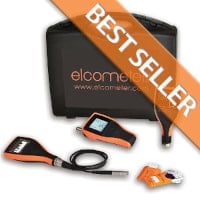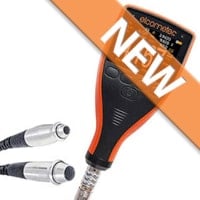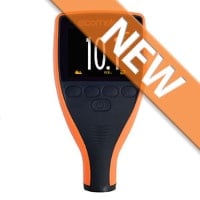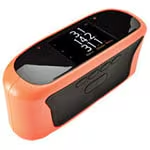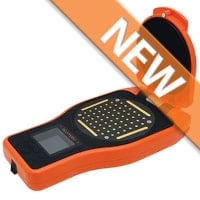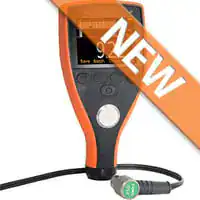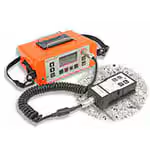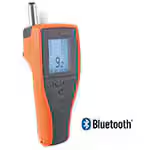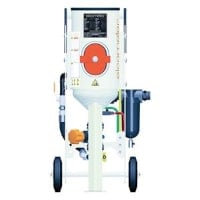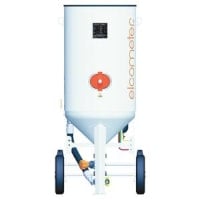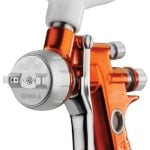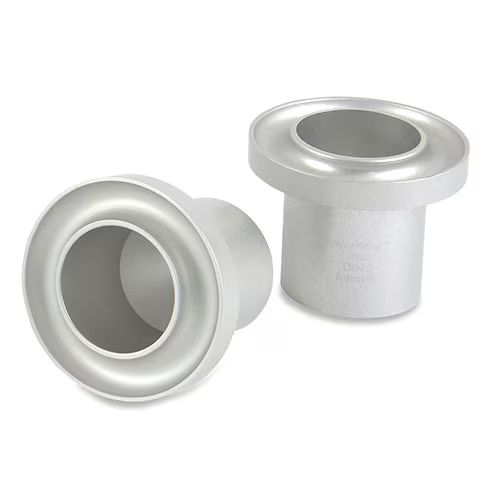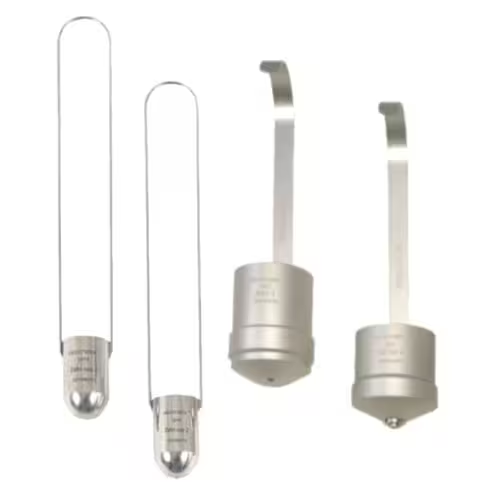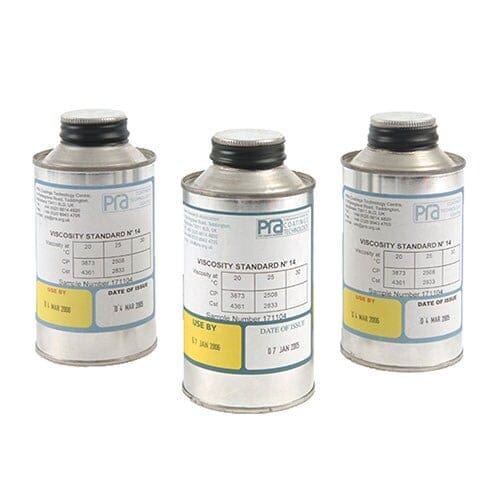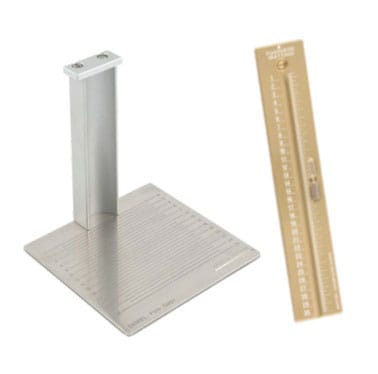|
|
|
Viscosity
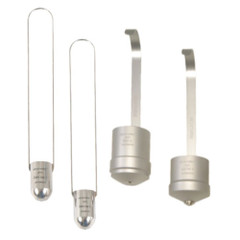 | About ViscosityLearn how to measure viscosity: Viscosity is perceived as 'thickness' or resistance to pouring, but there is more to viscosity than this. All fluids have an internal friction between molecules, which determines how well fluid flows. Due to this internal friction, energy is required to move the liquid and viscosity is the measure of the resistance to flow. Viscosity Fluid CategorizationFluids are categorized as Newtonian or non-Newtonian. - Newtonian fluids, such as water and some oils, are fluids that continue to flow at a given temperature, regardless of the forces acting on it. No matter how fast it is stirred or mixed, Newtonian fluids will always behave in the same manner. Newtonian fluids are generally measured with flow and dip viscosity cups.
- Non-Newtonian fluids, such as paints and ketchup, are fluids which change viscosity when a force is applied. There are several different categories and sub-categories of non-Newtonian fluids, they can be described as the following:
- Thixotropic - substances which are gel-like at rest but liquid when agitated, such as non-drip paints, tomato ketchup and most varieties of honey.
- Rheopectic - substances where viscosity increases with duration of stress, such as some lubricants.
- Pseudoplastics - also known as shear thinning - the viscosity decreases with increased shear rate, such as blood, gelatin and clay.
- Dilatant - also known as shear thickening - the viscosity increases with increased shear rate, such as suspensions of rice, corn starch or concentrated sugar solution.
|
Learn how to measure viscosity with Flow Cups The process of flow through an orifice can often be use as a relative measurement and classification of viscosity. This measured kinematic viscosity is generally expressed in seconds of flow time which can be converted into Centistokes using a viscosity disc calculator. A number of different types of Flow cup are available to suit specific standards.
|
Learn how to measure Viscosity with Dip Cups Elcometer viscosity dip cups are ideal for the quick testing of the viscosity of paints, varnishes and similar products during manufacturing processes. Dip cups are dipped into the substance being tested and the viscosity is determined by the time it takes for the cup to empty with a steady flow. Elcometer has a range of viscosity dip cups which includes Frikmar, Zahn, Shell, and Lory dip cups.
|
Viscosity calibration oils are used to check viscosity measurements. Elcometer offers both viscosity cup standard calibration oils as well as rotational calibration oils. To check the viscosity’s cup calibration or certify it for ISO purposes, the viscosity cup standard calibration oils are used. Standard rotational calibration oils are made for use with Elcometer Rotational viscometers.
|
Elcometer offers various instruments that effectively measure the fluidity and flow of coatings, especially thick or paste-like materials such as paints or printing ink. The fluidometer and flow gauge use distance traveled by the coating within an assigned time frame in order to indicate the coating’s fluidity. Both the Matthis Fluidometer, which comes with a sand timer, and the Daniel Flow Gauge emphasize principles of ease of use and simplicity.
|
|
|
|
|
|

